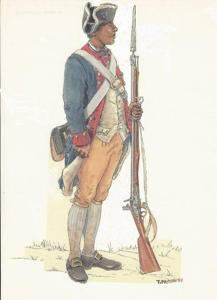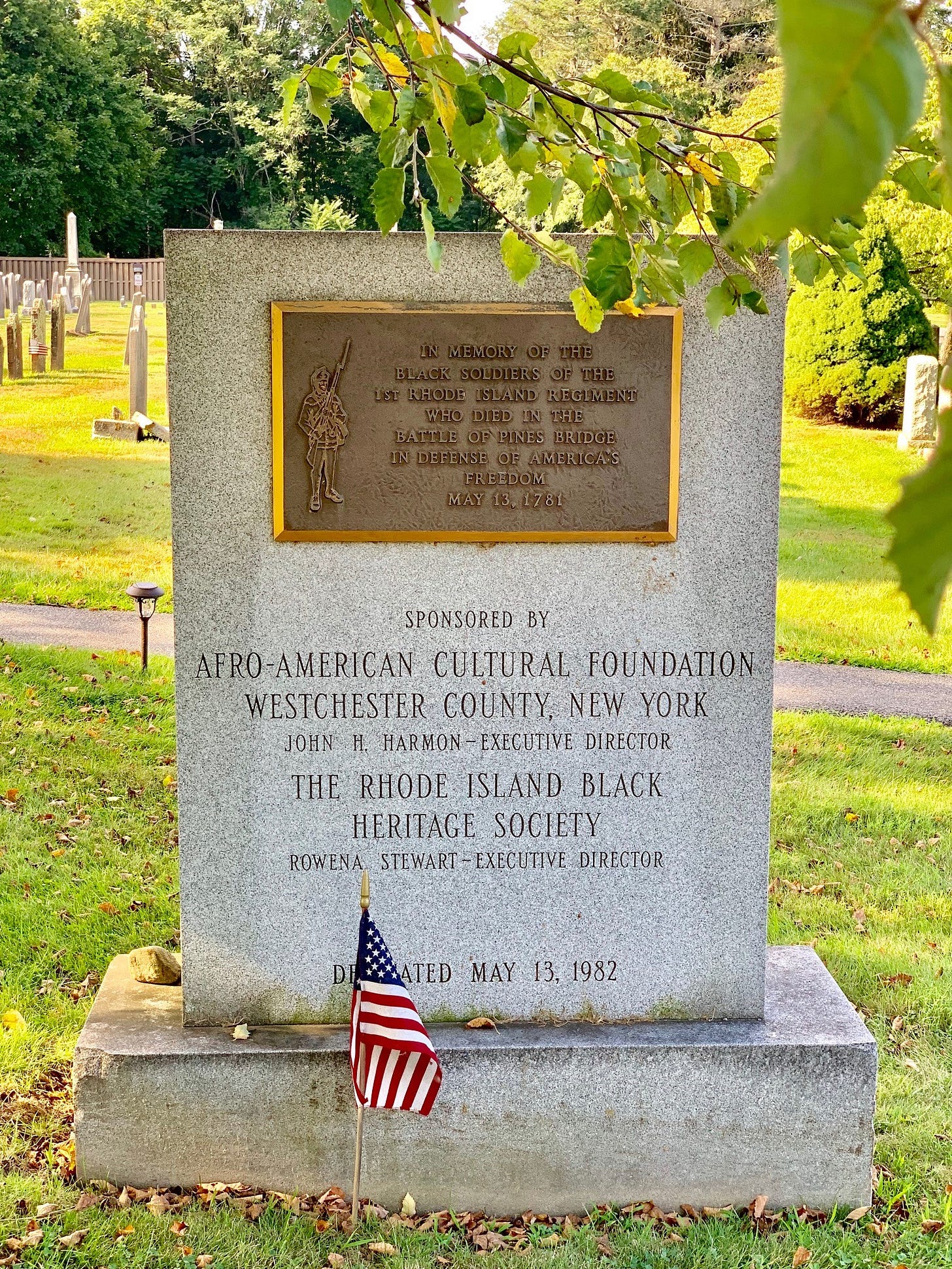Update: per comments on this article, there is a monument to Black Veterans.
The real challenge of life in lending support to our posterity is documentation. If you think the news media is bad, consider the lack of notes and diaries people have written to explain what was going on with their own lives. Historians need such information to figure what took place. Chances are, you probably have not prepared people to know what important heirlooms and experiences you have, if you died right now reading these words. So I urge you to document, document, and document.
Most people will be stuck with text book history designed to sell a commonly accepted contrast and ignore the more complicated topics or nuances within. After studying much economics, I find most academic history lacking details and to be faulty because academics do not understand economics. Details and context are often needed but lacking. A mere quote will never do.
As time moves on, entropy sets in and what happened begins to dissolve. Only our memories and efforts to keep the past alive will past events be remembered. But to make matters far worse, there are those who have selective memories and want to distort such memories. They praise President Lincoln for the Emancipation Proclamation, ignoring he wanted freed slaves deported to Africa.
Why, I ask, would you deport the descendants of Patriots? Real first generation African Americans served in the Revolution. The mission of the 10 Million (https://10millionnames.org/) is to recover these lost and forgotton Patriots. Easter is a time of resurrection, and we must resurrect forgotten and lost history. Fortunately, technology makes it easier than ever to recover such history. The vast majority of the following is the result of an AI search listing for Black Patriots. As we celebrate the 250th anniversary of Lexington, let us remember forgotten Patriots and resurrect what has been forgotten. Enjoy!
Crispus Attucks
Widely regarded as the first Black Patriot, Attucks was killed in the Boston Massacre in 1770 and is remembered as a martyr for American freedom18.
Salem Poor
A free Black man who fought at the Battle of Bunker Hill. His bravery was so notable that 13 officers petitioned the Massachusetts legislature to recognize his valor6.
James Armistead Lafayette (later James Fayette)
An enslaved man who became a crucial spy for the Continental Army, providing intelligence that contributed to the American victory at Yorktown. He was later freed and took the surname Lafayette in honor of the Marquis de Lafayette, who supported his petition for emancipation5.
William “Billy” Lee
George Washington’s enslaved valet, Lee served throughout the war and was a trusted companion to Washington, often depicted in portraits with him15.
Peter Salem
Fought at the Battles of Lexington, Concord, and Bunker Hill. He is credited with killing British Major John Pitcairn at Bunker Hill6.
Lemuel Haynes
A free man of African descent who fought at Lexington and later became a prominent minister and writer, advocating for Black rights after the war6.
James Forten
A free Black sailor and later a successful businessman, Forten served on American privateers during the war and became an influential abolitionist afterward69.
The First Rhode Island Regiment (“Black Regiment”)
This unit is famous for its high proportion of Black soldiers and its valiant service, especially at the Battle of Rhode Island and the Siege of Yorktown18.
The Bucks of America
An all-Black Massachusetts militia company, notable for its unique composition though less is known about their combat record1.
These individuals and units are among the most recognized Black Patriots for their significant contributions and enduring legacy in the American Revolution1568.
Citations:
https://www.battlefields.org/learn/articles/10-facts-black-patriots-american-revolution
https://www.amrevmuseum.org/read-the-revolution/black-patriots-and-loyalists
https://www.americanrevolutioninstitute.org/african-american-soldier/
Answer from Perplexity: https://www.perplexity.ai/search/how-many-black-patriots-are-re-cL8UVB46T4m12rN.9tx_XQ?utm_source=copy_output







For a local take, see if the names of black Civil War veterans that are buried in Laurel Hill are available. The monument is in the southeast corner and their graves were unmarked for almost 100 years.